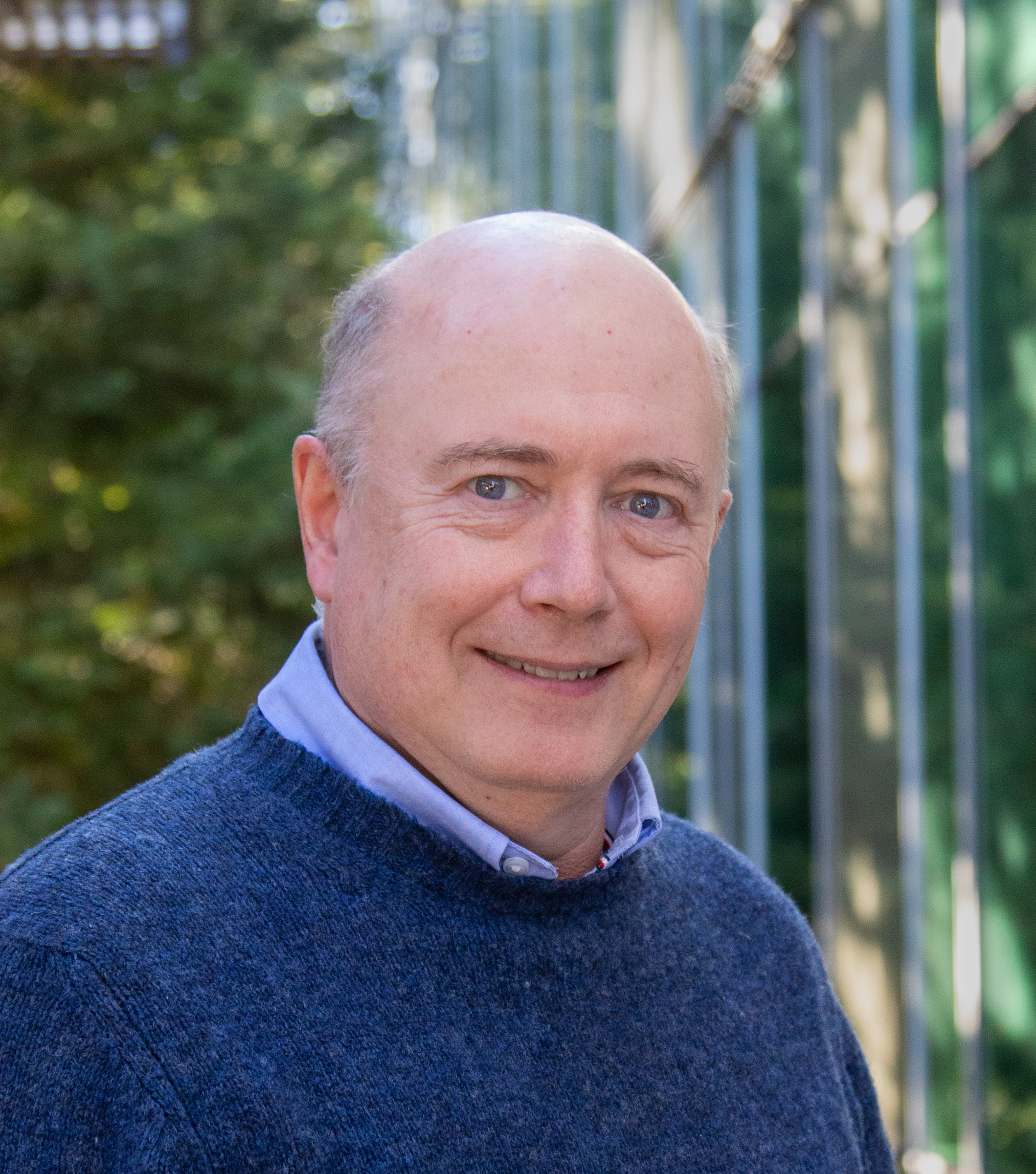
Luca de Alfaro
Professor
luca@ucsc.edu
Computer Science and Engineering
University of California, Santa Cruz
Ph.D. Stanford University, 1998
Office: Bld E2, Rm 339A
Research
Luca de Alfaro worked at the foundations of formal verification, and wrote his Ph.D. dissertation on methods for the specification and model-checking of probabilistic systems. He contributed to the theory of component-based design of software and embedded systems, introducing the use of games as models for interacting components. He then became interested in game theory, and in particular, in the theory of concurrent games, where players can choose moves simultaneously. He studied the properties of such games, and he devised solution methods for reachability, safety, and other common winning conditions, extending also the results to games that can be played in real-time.
From game theory, he became interested in user interaction, and from there, reputation systems. With his group at UCSC, he built a content-based reputation system for Wikipedia, where authors would gain reputation by giving long-lasting contributions; he adapted the system to Google Map edits during a three-year industry stint at Google. He then worked on reputation systems, crowdsourcing, information reliability.
His current research is on data science and fairness in AI, computational ecology, and networks.
Education
- Ph.D., Computer Science, Stanford University, 1998.
- M.S., Computer Science, Stanford University, 1997.
- Doctorate, Systems and Computer Engineering, Politecnico di Torino, 1995.
- B.S., Electrical Engineering, Politecnico di Torino, 1990.
Employment
- Professor, Computer Science and Engineering, UC Santa Cruz. Faculty at UC Santa Cruz since 2001.
- Faculty visitor, then Staff Research Scientist, Google, 2008-2011 (on leave from UC Santa Cruz).
Honors
- Fellow of the AAIA, the Asia-Pacific Artificial Intelligence Association, 2025.
- Fellow of the ACM, the Association for Computing Machinery, 2025.
- Foreign Member of the Turin Academy of Sciences, 2024.
- CONCUR 2022 Test of Time Award for the paper The Element of Surprise in Timed Games, written with Marco Faella, Mariëlle Stoelinga, Rupak Majumdar, and Thomas A. Henzinger, and originally published in the proceedings of the Concurrency Theory (CONCUR) 2003 conference.
- ESWEEK 2020 Test of Time Award for the paper Interface Theories for Component-Based Design, written with Thomas A. Henzinger, and originally published in the proceedings of the Embedded Software (EMSOFT 2001) Conference.
- LICS 2020 Test of Time Award, for the paper Concurrent Omega-Regular Games, written with Thomas A. Henzinger, and originally presented in the IEEE Symposium on Logic in ComputerScience (LICS) 2000.
- ACM SIGSOFT Impact Paper Award 2012, for the paper Interface automata, written with Thomas A. Henzinger, and originally publised in the proceedings of ESEC/FSE 2001.
- Best paper candidate, AAAI Conference on Human Computation and Crowdsourcing (HCOMP), 2016.
- Best paper award, 12th International Conference on Concurrency Theory (CONCUR) 2001.
- NSF Early Faculty Career Award, 2001
- Samuel Thesis Award, Stanford University, 1998.
- Nomination for ACM Doctoral Dissertation Award, Stanford University, 1998.
- Graduation Cum Laude, Politecnico di Torino, Italy, 1990.
Industry
- CrowdGrader, co-founder, 2014.
- Camio, co-founder, 2012.
- SSB Progetti, co-founder, 1988. In 2021 SSB became part of Deloitte.